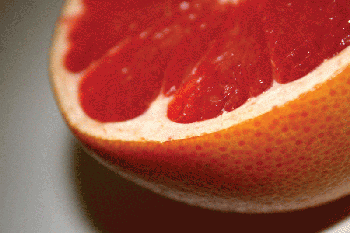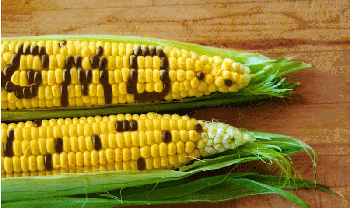
“There is not one example in the publishing record of a study purporting to find health or safety dangers originating from GM foods that has been replicated in an independent, peer-reviewed journal. Not one.”
The italicized quote above is from “GMOs, Yes! Why ‘Biotech 2.0’ Foods are Safe, Sustainable and Critical to Global Food Challenges,” in The Common Reader, an online journal at Washington University-St. Louis, one of the nation’s premier universities for research, medicine, and health care. The author, Jon Entine, is senior fellow at the World Food Center's Institute for Food and Agricultural Literacy, University of California-Davis, and senior fellow at the Center for Health and Risk Communication, George Mason University.
Stay informed on what’s happening in Mid-South agriculture: Subscribe to Delta Farm Press Daily.
The opening paragraphs of the article pretty much sum up the disconnect that exists between the anti-GMO contingent and the reality of the agronomic achievements that underlie much of what we eat today.

Ruby Red grapefruit is among fruits created via laboratory manipulation.
“Do you like Ruby Red grapefruit? How about Italian pasta? Vietnamese rice? Ever try an über-delicious Osa Gold pear from Japan?
“If you are a food devotee, and pride yourself on ‘going organic,’ you could more than likely pick up samples of each of these specialties at your local Whole Foods. And that way you could avoid the ‘taint’ of eating food that might have come in contact with ‘dangerous’ GMOs. You know, foods created in laboratories. By white coat scientists. Untested and unlabeled. Ticking health time bombs. Frankenfoods.
“Oops. Better change your menu, because those four foods, often sold as organic, were created in laboratories. By scientists. In white coats, more than likely. In fact, almost none of our foods that we eat today is the product of Nature’s way.”

"Corn, which supplies about 21 percent of human nutrition worldwide, Entine notes, has been modified for 10,000 years," says Jon Entine.—Common Reader photo
Corn, which supplies about 21 percent of human nutrition worldwide, Entine notes, has been modified for 10,000 years, back to the ancient wild grass from which, scientists believe, today’s corn originated.
“Over the centuries we’ve genetically modified thousands of foods … GMO critics seem comfortable with that kind of genetic manipulation. But when it comes to inserting genes from one species into another … they go ‘yuck,’ claiming that it is ‘totally different’ than conventional breeding.”
The article is long; there’s no way to do it justice in this space. But it’s well worth reading. You can access it by clicking here.
About the Author(s)
You May Also Like




